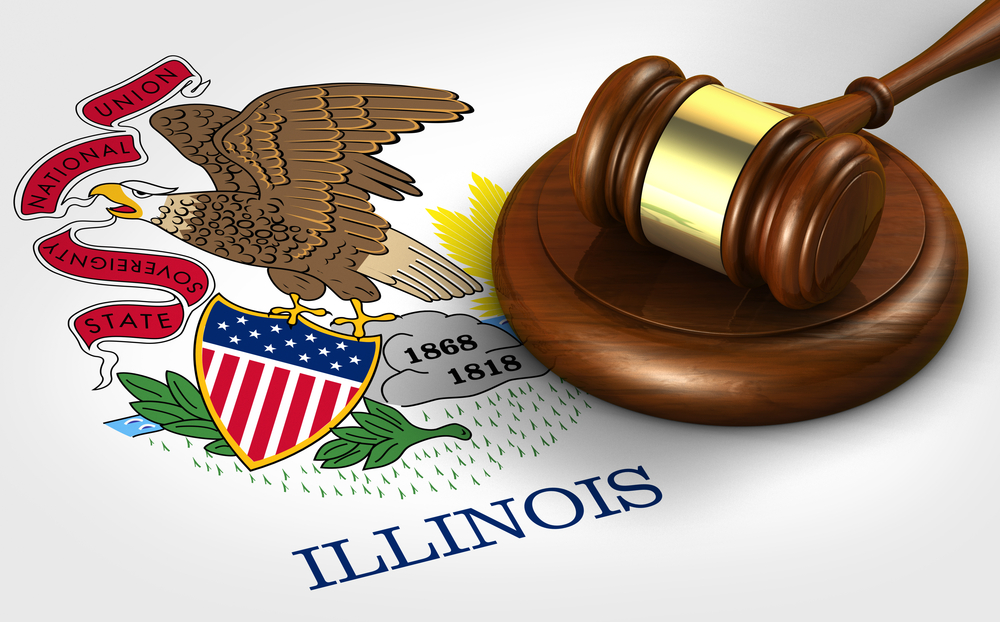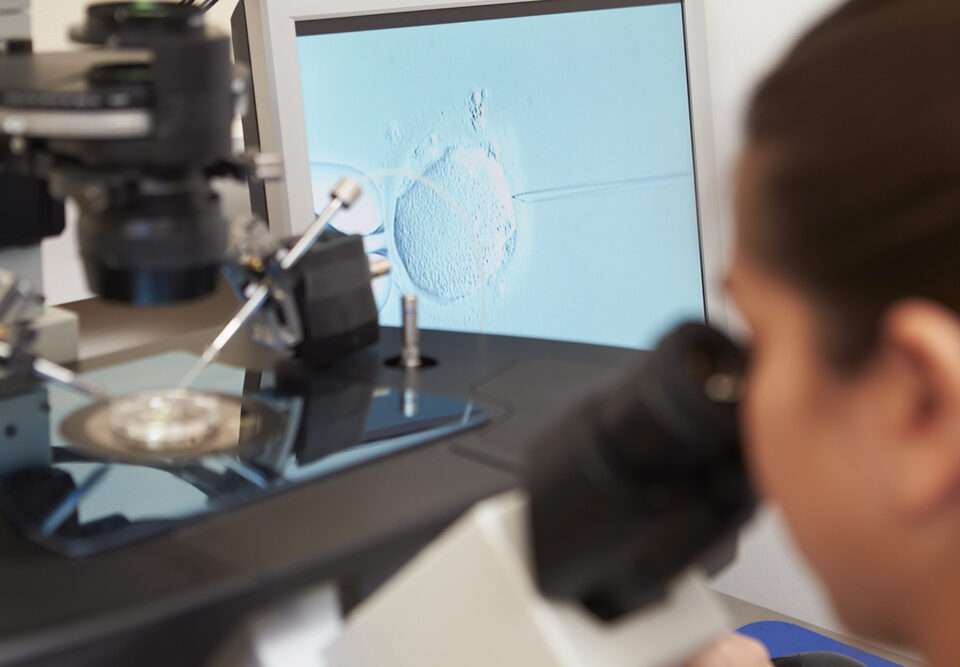
Colorado Lawmakers Pass Law That No Longer Allows Anonymous Sperm and Egg Donations
June 10, 2022
A New Law in Illinois Requires Leave for Miscarriage and Failed Adoption
June 24, 2022In 2019, Ted Jennings lost his wife, Fern-Marie Choya, who was pregnant at the time through IVF. Now, Jennings has been awarded the right to use the couple’s last remaining embryo to have a child through surrogacy.
In the landmark ruling, it was determined that Choya hadn’t been provided with adequate information or the opportunity to consent to a posthumous use of her embryo. Even though she never consented, Jennings fully believes she would have been completely willing to allow the couple’s embryo to be used.

This is the first time an embryo has been used in a posthumous manner, and in the past that hasn’t been allowed unless the deceased party had registered their legal consent during the embryo’s creation. Jennings has been asked about posthumous usage, and consented to it, but since Choya hadn’t explicitly been given the information she needed to do that, the court ruled that Jennings had a right to the embryo’s use.
All the available evidence indicated that Choya would have consented, had she been asked to do so when undergoing IVF treatments. Because of that evidence, and the fact that the clinic didn’t provide Choya with the paperwork she needed to sign for posthumous embryo usage, it was up to Jennings to decide what to do with the embryo.
The couple went through fertility treatments for five years, and Choya experienced two ectopic pregnancies, before she became pregnant with twin girls. Her uterus ruptured at 18 weeks of pregnancy, and she died from the complications.
Part of the reason the court ruled in Jennings’ favor, is that the form given to Choya at the time of her IVF treatments only suggested she seek information if she wanted her embryos used in another person’s treatment if she passed away. This wasn’t clear when addressing posthumous surrogacy, and Jennings will now find a surrogate for the couple’s remaining embryo.
At The Surrogacy Law Center in Carlsbad, California, we work to help protect clients’ rights related to egg, sperm, and embryo donation, and in surrogacy arrangements, keeping state and other jurisdictional laws at the forefront. To learn more and to speak with an assisted reproduction attorney, contact us today!




